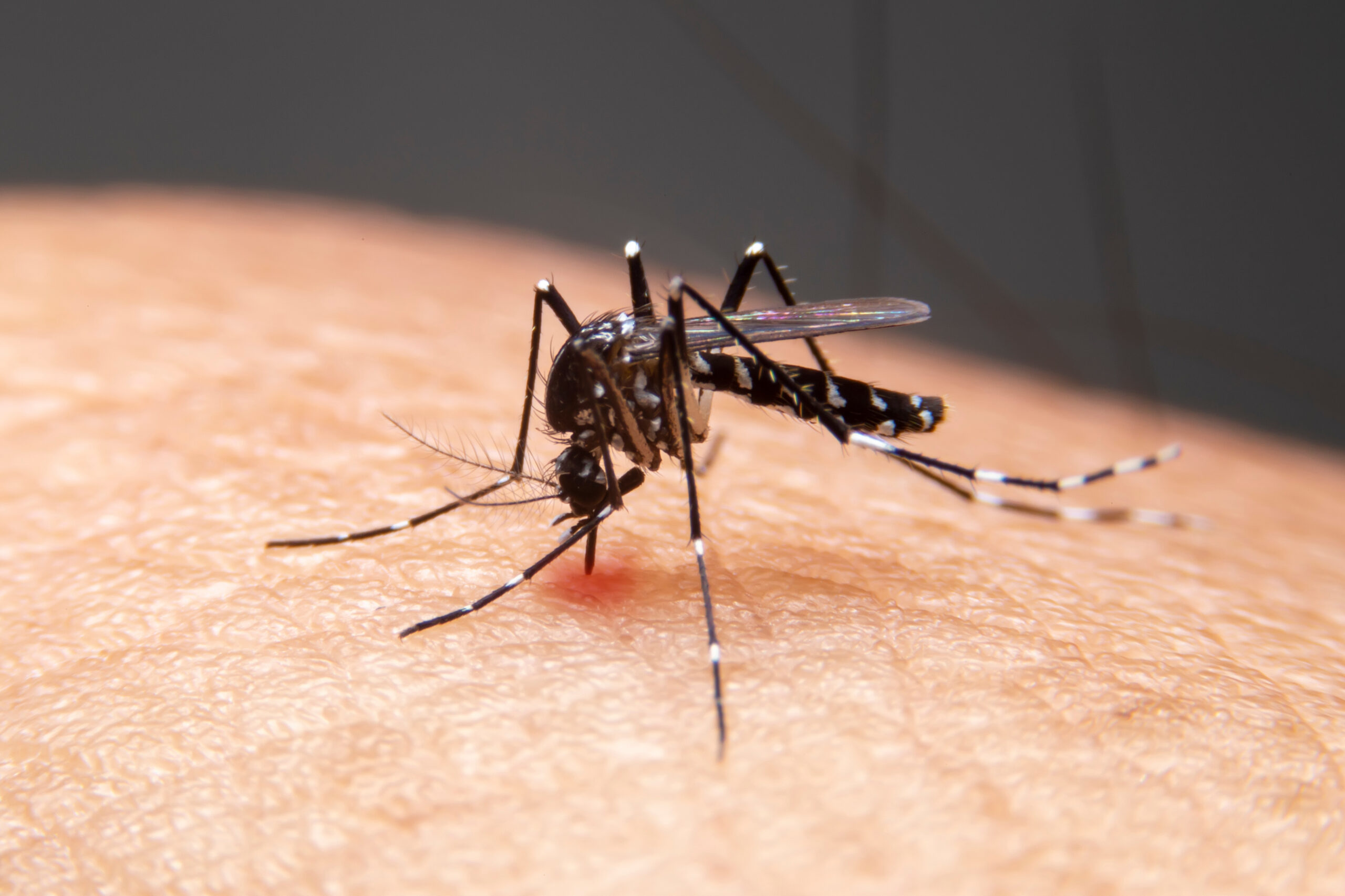Moorhead City Council
Nancy Edmonds Hanson
Residents’ concerns about aerial spraying resurfaced Monday, as the rising population of mosquitoes spurred discussion at the Moorhead City Council meeting.
Recent rains have once again brought the issue to the fore, continuing discussions that date back to August 2020, when the unfortunate timing of aerial spraying led to the “monarch massacre” – the unexpected death of countless monarch butterflies, as well as other beneficial pollinators.
The city originally planned an aerial spray on the evening of Aug. 7, citing “the recent surge in mosquito activity that has led to higher-than-usual cases of West Nile virus.” Mayor Shelly Carlson told the assembled citizens Monday that the postponement was based on Moorhead’s requirement for applications in lower concentration than its neighbors. The logistics of switching the chemicals ultimately delayed the application, she said. While Cass County Vector Control Conducted spraying that night in Fargo and West Fargo by, the Moorhead application was postponed..
After more than an hour of impassioned testimony by residents and discussion among the council, its members voted 5-4 to delay the aerial spray in order to review its mosquito control policy. Voting in favor of the delay were Lisa Borgen, Nicole Mattson, Heather Nesemeier and Deb White. Chuck Hendrickson, Sebastian McDougall, Emily Moore and Ryan Nelson voted against it. Carlson broke the tie with her vote to delay the aerial spray.
Citizens testified both against and in favor of application. Noelle Harden served on the advisory committee formed the year after the “massacre” to shape the city’s mosquito treatment policy. It developed the recommendations now in place, including spraying after sunset and requiring lower concentrations of permethrin, the pesticide used by Vector Control. She questioned why another of its recommendations, to inform residents of ways to protect themselves from the biting pests, hasn’t been done this summer.
Speaking in favor of spraying, Mavis Tjon emphasized the health risks posed by the mosquitoes, along with how the pests limit enjoying the outdoors during the short Minnesota summer. “After spending winter indoors, now I’m a prisoner of mosquitoes,” she said.
Council member Emily Moore favored spraying: “West Nile virus can be deadly. Personally, I can’t stomach a death in our community because we’ve failed to take action to protect human health and safety.”
Councilors Lisa Borgen and Nicole Mattson questioned current practices. While Borgen recommended more data be collected before making a decision, Mattson argued against aerial spraying altogether, citing low numbers of West Nile infections and whether aerial spray is truly effective.
Vector Control ultimately applied the insecticide through ground spraying Tuesday. That method permits individual residents to prevent application on their property.



